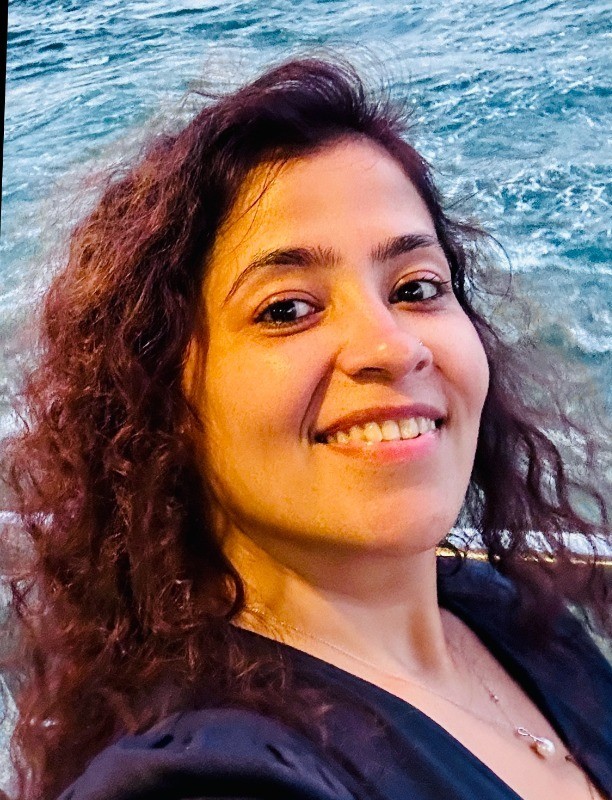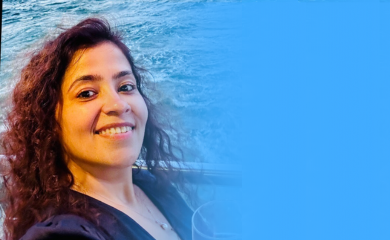Broadening horizons: Discovering new academic pathways
By Aashima Sethi, Coordinator University & Guidance Counsellor, Legacy School, Bengaluru
The rapidly evolving job landscape is reshaping how we prepare students for their future. Traditional career paths no longer guarantee stability or success, as new industries shaped by technological advancements, environmental priorities and global interconnectedness continue to emerge. In this dynamic landscape, the role of counsellors, educators and parents is to guide students through uncertainty by equipping them with the resources and experiences needed to explore diverse academic and career opportunities.

One of the most impactful ways to prepare students for this uncertainty is by promoting experiential learning. Activities like field visits, professional shadowing, guest lectures, workshops and internships act as vital links between theoretical knowledge and practical application. These experiences provide students with firsthand exposure to various career paths, equipping them with the skills required to excel in today’s diverse and competitive work environment.
The future of careers – A new era
We live in a world where innovation is rapidly transforming industries. Fields like Artificial Intelligence (AI), renewable energy, biotechnology, gaming and design are creating roles unheard of a decade ago. Even traditional careers such as law, medicine and engineering now require interdisciplinary skills combining creativity, technology and critical thinking.
In today’s job market, adaptability, problem-solving, and collaboration take precedence over rote learning. Employers value candidates who can tackle challenges and drive innovation. For students, this highlights the importance of selecting academic pathways that are not only relevant but also future-proof.
The need for informed decision-making
Despite the vast range of career options available, many students and parents still rely on cultural expectations or traditional beliefs when making decisions. A student once shared how he pursued engineering because “everyone in the family was an engineer,” only to realise in his second year of college that his true passion lay in environmental science. Fortunately, he was able to switch his major from engineering to environmental science. Stories like his are too common, leading to mismatched aspirations and eventual frustration in higher education and future career choices.
To prevent such missteps, educators must guide students toward making informed decisions by
introducing them to emerging fields, industry trends and self-discovery. For instance, a high school workshop delivered by a university faculty in my school on “Unconventional careers in biology beyond medicine” introduced my students to fields like marine biology, environmental consulting and sustainable agriculture helping them realise the potential of working in ecosystem restoration rather than pursuing a traditional medical path. Experiential learning plays a crucial role in this process. A summer internship at a biotech startup helped another student discover his interest in bioinformatics, an area he had never considered before.
Through real-world experiences like internships, job shadowing and project-based learning, students gain clarity about their strengths and interests while understanding the possibilities in various career paths. These experiences empower them to align their choices with their passions and long-term career goals, paving the way for a more fulfilling and purpose-driven future.
Success Stories
Schools and organisations that prioritise experiential learning have seen remarkable outcomes. One example is the Startup Weekend initiative, where students collaborate on business ideas and present them to industry experts. Many participants discover entrepreneurial talents or new academic interests they hadn’t considered before.
Another example comes from my own school, where every year we host ‘Inicio’ a Creative Arts
Festival that runs for two days. During the event, we collaborate with industry experts and companies working in the creative fields, invite students from other schools to participate in various workshops and competitions. This provides our students with a unique opportunity to explore the diverse career paths in art and design, while gaining hands-on experience, skills and insights from professionals in the field. These experiences give them the confidence to explore unconventional career paths and pursue their passions in the creative field.
Overcoming challenges and embracing change
While the possibilities for broadening academic horizons are vast, the journey comes with its challenges. Barriers such as limited awareness, societal pressures and financial constraints can discourage both students and parents from exploring new paths. Schools, too, face logistical hurdles, including finding reliable partners and managing costs, while balancing these initiatives with academic demands.
To address these challenges:
• Schools can form long-term partnerships with NGOs, universities and local businesses to
create a sustainable pipeline of opportunities.
• Parents and counsellors can prioritise quality over quantity, encouraging students to focus
only on a few meaningful experiences rather than overloading their schedules with multiple
activities.
• Technology can be a game-changer. Virtual simulations, online internships, and remote
workshops can make experiential learning more accessible and affordable.
I truly believe that the future belongs to those who dare to explore. By broadening their horizons and stepping into the unknown, students can unlock their true potential and carve unique career paths. As Nobel Prize-winning physicist Richard Feynman once said, “I would rather have questions that can’t be answered than answers that can’t be questioned.” Let’s inspire the next generation to question, explore and redefine what’s possible in their academic journeys.





